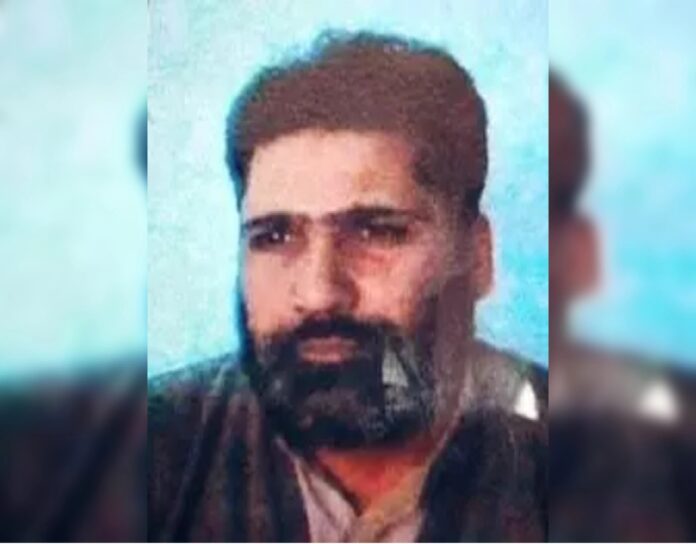The Resistance Front (TRF), a militant offshoot of Pakistan-based Lashkar-e-Taiba, has claimed responsibility for the recent attack in Jammu and Kashmir’s Ganderbal district, which tragically resulted in the deaths of a doctor and six migrant workers. This incident, which took place on Sunday, marks a significant escalation in the region’s ongoing violence, targeting both local Kashmiris and non-locals in a single coordinated attack. According to security officials, the mastermind behind the attack is TRF chief Sheikh Sajjad Gul, a resident of Srinagar. Sources have indicated that a local module assaulted Gul’s directives, signalling a new and broader targeting strategy by the group.
In 2022, India’s National Investigation Agency (NIA) announced a reward of Rs 10 lakh for information leading to the capture of Gul and three other individuals linked to terrorism in Jammu and Kashmir—namely, Saifullah Sajid and Saleem Rahmani, residents of Pakistan, and Basit Ahmed, a resident of Kulgam in the Union Territory. TRF’s recent activities reflect a troubling shift in their tactics, as they have targeted Kashmiri Pandits, Sikhs, and migrant workers over the past year and a half. These attacks are aimed at heightening fear and disrupting communal harmony within the region.
Sources indicate that TRF operatives conducted reconnaissance of the construction site in the Sonamarg area of Ganderbal for about a month prior to the attack. It is believed that two to three terrorists executed the killings, which targeted labourers working on the Z-Morh tunnel—a strategic infrastructure project connecting Gagangeer to Sonamarg. Among the victims were Dr Shahnawaz, along with migrant workers Shashi Bhushan Abrol and Gurmeet Singh. The assailants struck in the evening when the workers had returned to their camp after a day’s work.
The motive behind this attack appears to be TRF’s desire to draw attention to itself, particularly following the conclusion of the recent Assembly elections held in September-October. Security analysts have pointed out that this is the largest targeted killing in the region since 2019, emphasising the group’s intention to destabilize efforts towards peace and development in Jammu and Kashmir. In response, the National Investigation Agency (NIA) has taken steps to investigate the matter. A four-member team from the NIA is set to visit the attack site, with the possibility that the investigation will be formally handed over to them.
The recent escalation underscores the persistent threat posed by terror outfits in Kashmir, as they continue their efforts to undermine the fragile stability in the region. Targeted violence against workers from different parts of India seeks to foster divisions and instil fear, making it crucial for security forces to maintain vigilance and ensure the safety of all residents and workers in the valley.

